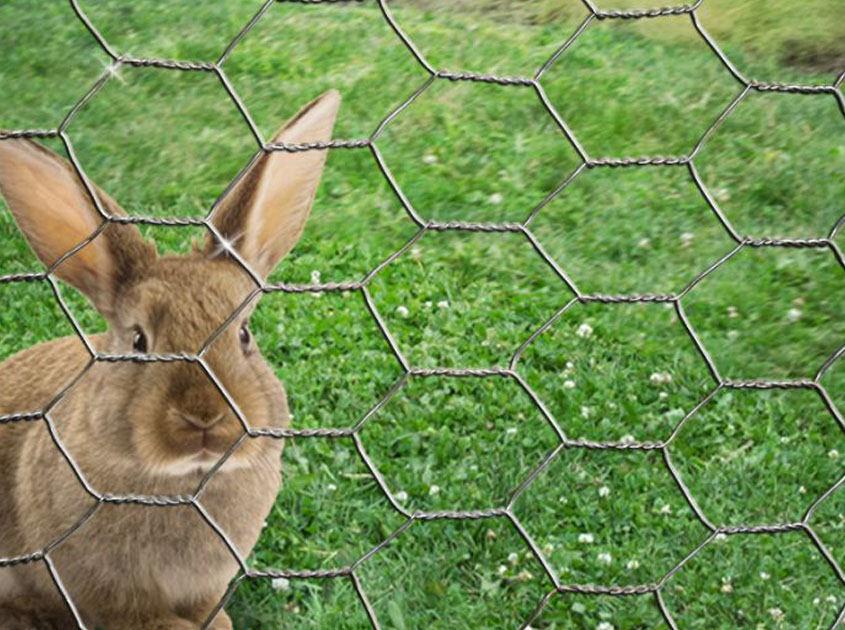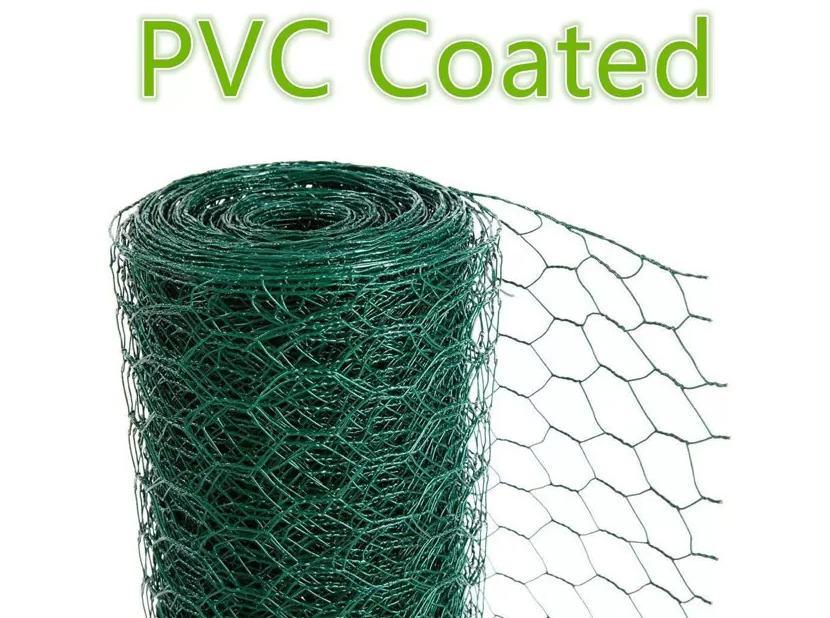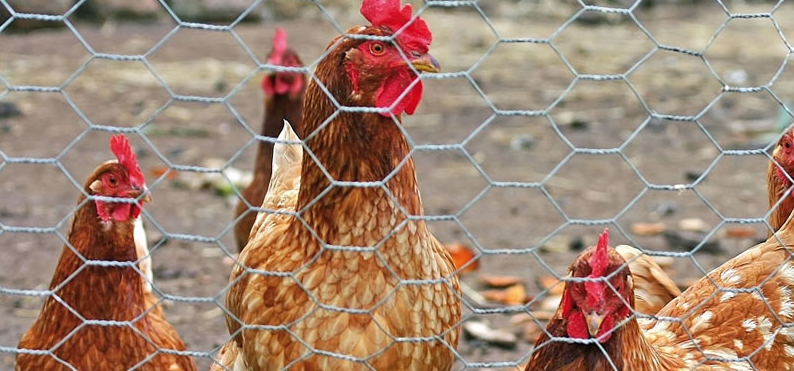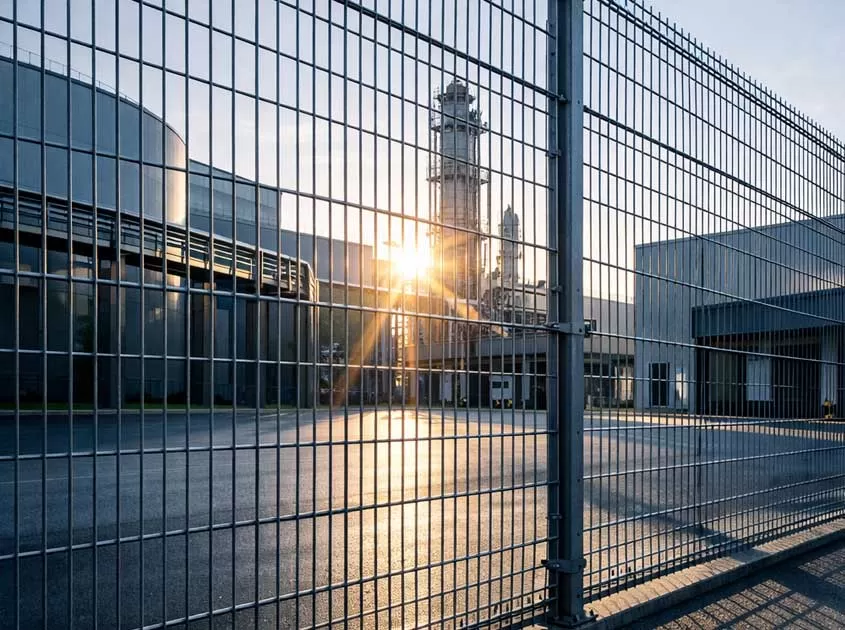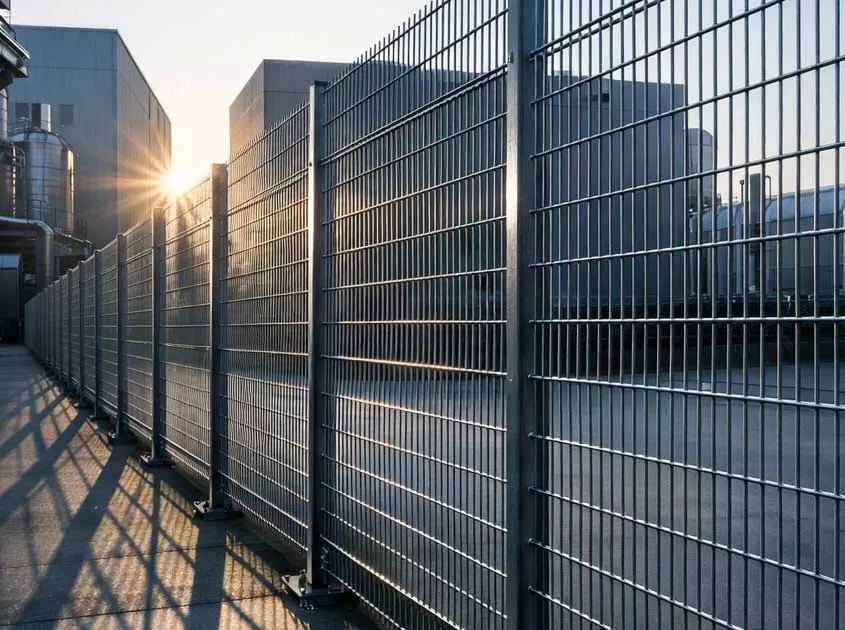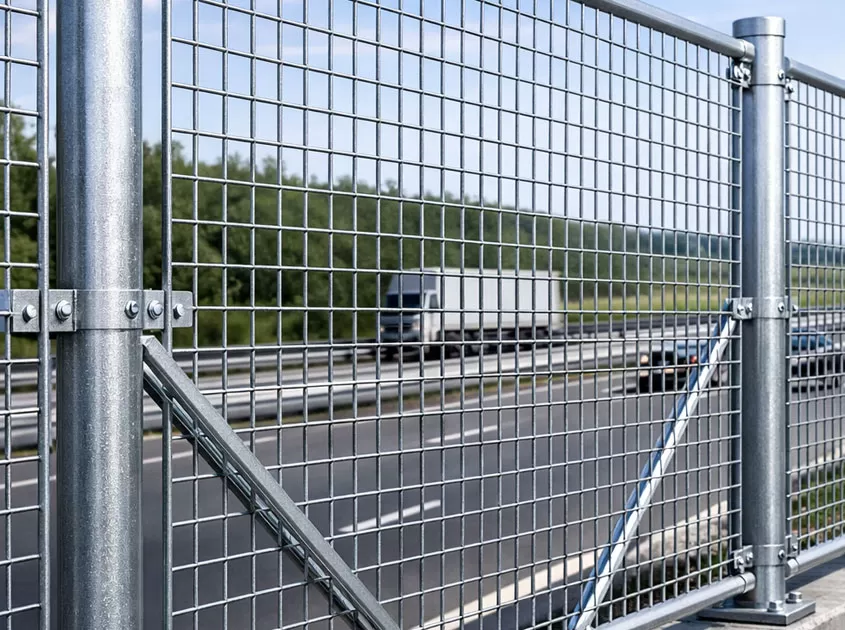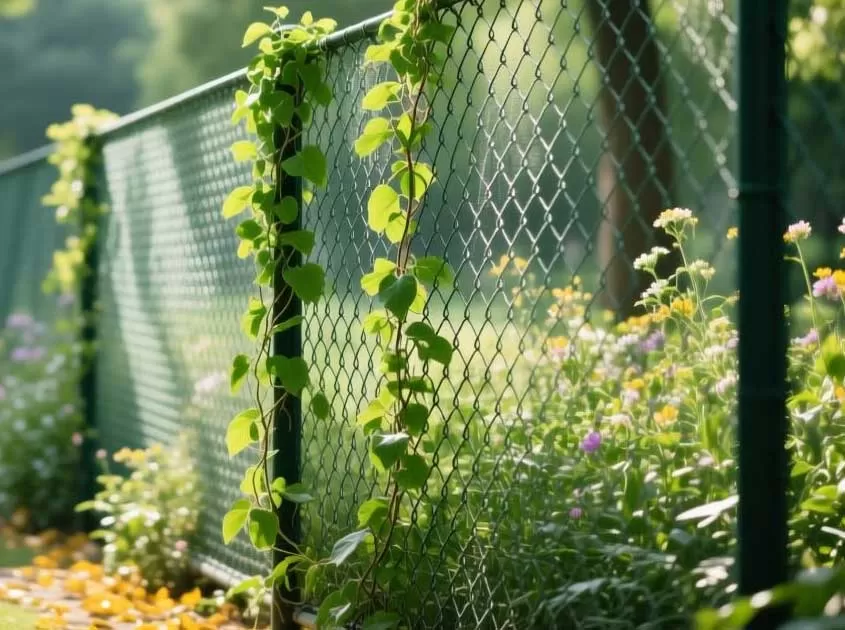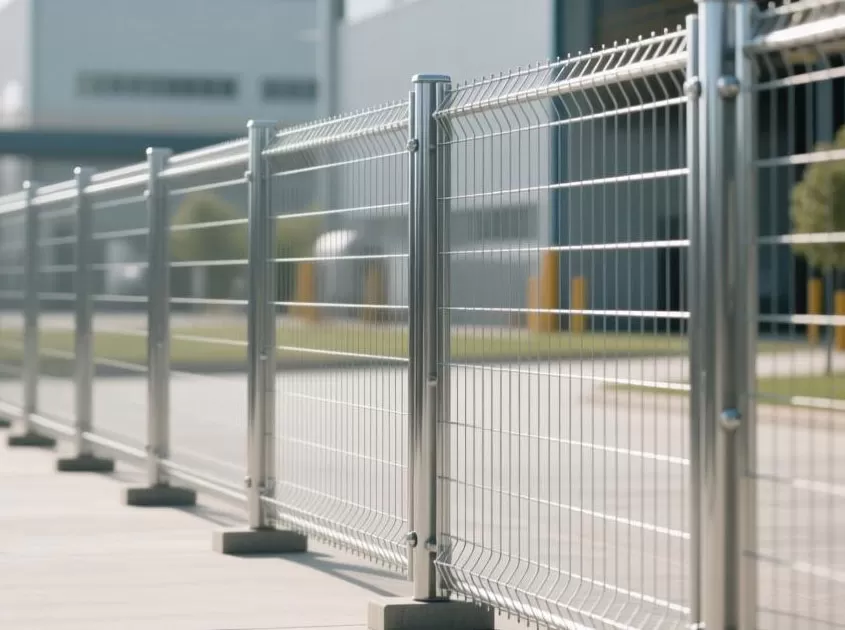How to Choose the Right Chicken Wire Mesh?
Chicken wire mesh, often referred to as poultry netting, is an essential material for those in the agricultural, gardening, and even construction industries. It is used primarily for fencing, animal enclosures, and other protective structures. Choosing the right chicken wire mesh is crucial for ensuring durability, safety, and functionality. This guide will walk you through the key factors to consider when selecting the perfect chicken wire mesh for your needs.
1. Determine the Purpose of the Chicken Wire Mesh
Before purchasing chicken wire mesh, it’s important to define its intended use. The primary purposes include:
- Animal Enclosures: Chicken wire is commonly used to create pens or coops for chickens, ducks, rabbits, and other small animals. The right mesh ensures that the animals remain contained while being safe from predators.
- Garden Protection: Chicken wire mesh is ideal for protecting gardens and flower beds from pests and rodents.
- Fencing: It can serve as a barrier for various outdoor areas, providing a protective boundary for pets or plants.
- Construction and Crafting: In construction, chicken wire mesh is used for plastering, reinforcement, and even artistic projects.
2. Material Type: Galvanized vs. PVC-Coated Wire Mesh
The material of the chicken wire mesh plays a crucial role in its longevity and effectiveness.
- Galvanized Chicken Wire Mesh: This type of mesh is coated with zinc, making it resistant to rust and corrosion. It’s a durable option for outdoor use, especially in areas with high moisture levels. Galvanized mesh is widely used for long-term fencing and garden protection.
- PVC-Coated Chicken Wire Mesh: For added protection against rust, some chicken wire meshes are coated with PVC. The plastic layer offers more resistance to harsh weather conditions, making it an excellent choice for outdoor environments. PVC-coated mesh also comes in various colors, providing aesthetic flexibility.
3. Wire Thickness (Gauge)
The thickness of the wire used in the mesh is referred to as the gauge. The lower the gauge number, the thicker the wire. Common wire gauges for chicken wire mesh range from 19 to 22.
- Thicker Wire (Lower Gauge): A thicker wire offers more strength and durability. It’s ideal for securing heavier animals and providing a sturdier barrier. This type of wire mesh is more difficult to bend and cut, making it more resistant to damage.
- Thinner Wire (Higher Gauge): Thinner wire is more flexible and easier to manipulate. It’s suitable for temporary fencing, garden protection, and crafting. However, it may not be as durable as thicker wire, especially when exposed to harsh conditions.
4. Mesh Size (Opening Size)
Mesh size refers to the size of the openings between the wires. It’s crucial to choose the correct mesh size based on your needs:
- 1/2-inch Mesh: This small opening size is perfect for protecting against small animals, such as rats and snakes. It’s also ideal for constructing secure enclosures for chickens and other small animals, preventing them from escaping.
- 1-inch Mesh: A standard size for general use, 1-inch mesh is commonly used in poultry fencing and garden protection. It provides a balance between protection and visibility.
- 2-inch Mesh: For larger animals, such as dogs or larger poultry, a 2-inch mesh can be used. It allows for better airflow and visibility but may not be suitable for smaller animals, as they can slip through the openings.
5. Roll Length and Height
When purchasing chicken wire mesh, consider the dimensions of the area you need to cover. Rolls of chicken wire mesh come in various lengths and heights.
- Length: Most chicken wire mesh comes in rolls of 50 to 100 feet. Choose the appropriate length depending on the size of the enclosure or area to be fenced.
- Height: Standard heights range from 2 to 6 feet. If you’re fencing a garden or keeping animals, choose a height that will prevent the animals from escaping or jumping over the fence.
6. Durability and Climate Considerations
If you live in an area with extreme weather conditions, durability becomes a key factor. Opt for galvanized or PVC-coated chicken wire mesh if you’re in a humid or coastal region. For dry, temperate climates, galvanized mesh alone may suffice.
Additionally, check the mesh’s resistance to UV radiation, as prolonged exposure to sunlight can degrade the material over time, especially for PVC-coated options.
7. Ease of Installation
Chicken wire mesh should be easy to install, especially if you're handling the project yourself. Consider the flexibility of the mesh and whether it requires special tools for installation. Galvanized mesh is typically more rigid, while PVC-coated mesh may offer more flexibility.
Conclusion
Choosing the right chicken wire mesh involves considering several factors, including material, wire thickness, mesh size, and durability. Whether you're building an animal enclosure, protecting your garden, or using it in construction, selecting the correct type ensures both longevity and effectiveness. Always account for your specific needs, climate conditions, and installation preferences before making a purchase.
As a wire mesh manufacturer, QUNKUN METAL provides you with a team dedicated to developing custom metal mesh solutions. Whether it is construction, agriculture, transportation, etc., we can produce a consistent end product that meets your specifications. Contact us if you have any further questions or require a quote.
-
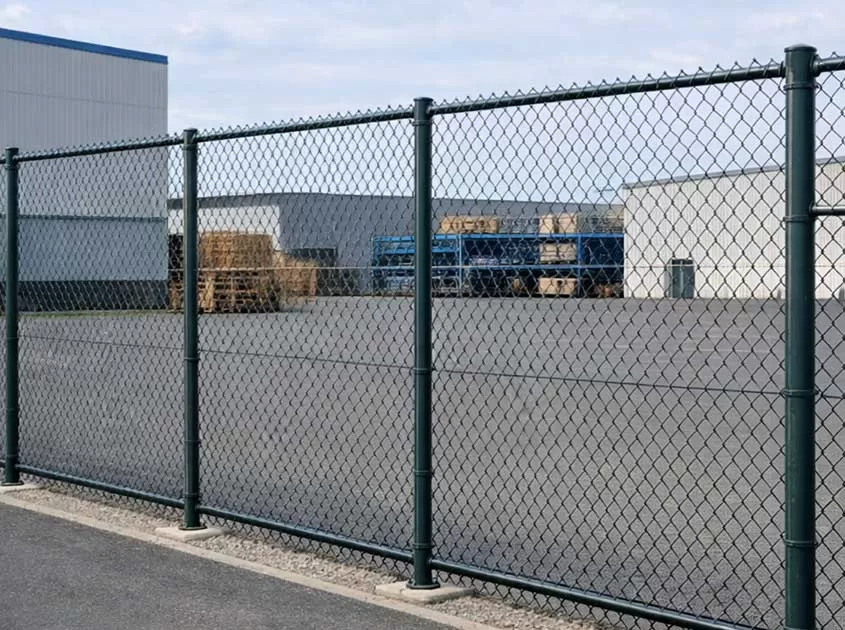 Best Chain Link Fence for Security Applications Feb 10, 2026
Best Chain Link Fence for Security Applications Feb 10, 2026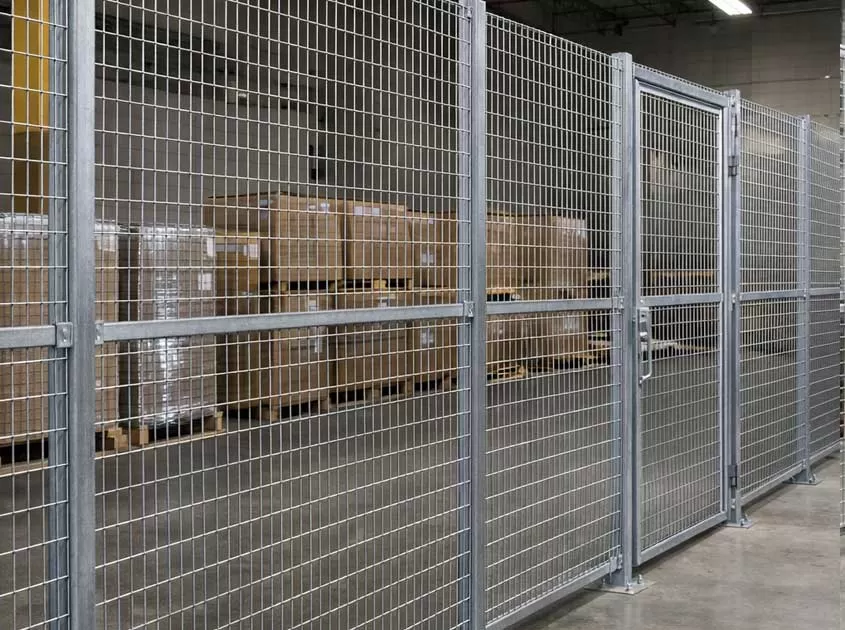 Best Welded Wire Mesh for South American Markets Feb 03, 2026
Best Welded Wire Mesh for South American Markets Feb 03, 2026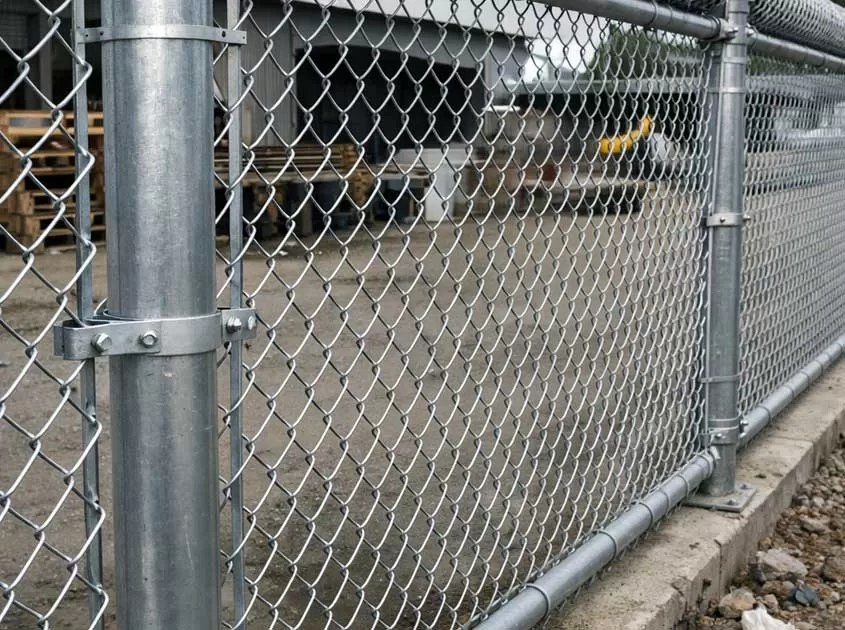 Why Galvanized Wire Mesh Is Popular in South America Jan 26, 2026
Why Galvanized Wire Mesh Is Popular in South America Jan 26, 2026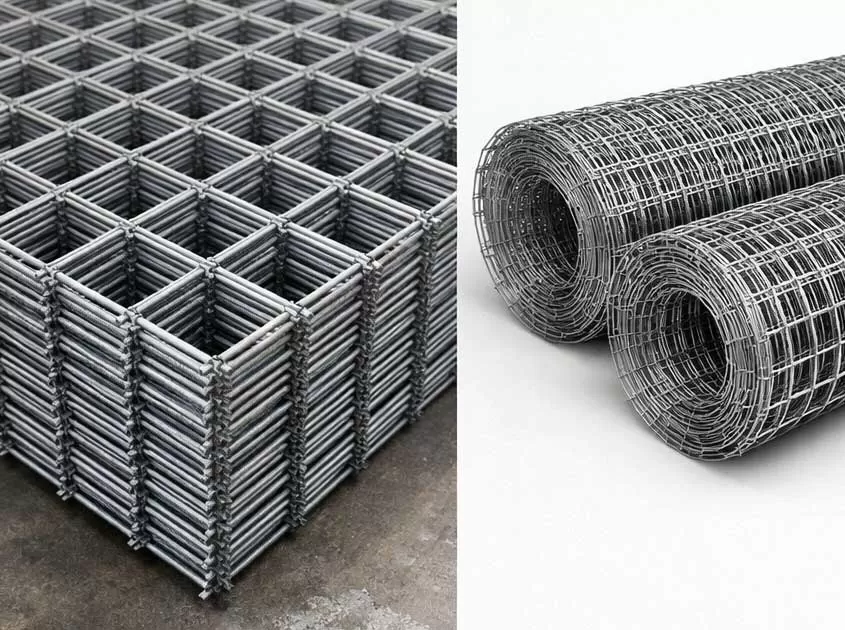 How to Check the Quality of Welded Wire Mesh Jan 16, 2026
How to Check the Quality of Welded Wire Mesh Jan 16, 2026

- Tel.: +86 311 83077076
- E-mail: sales@qunkunmetal.com
- Skype: qunkunsales01
- WhatsApp: 8618032412189
- Add.: No.69 The Filter Industrial Part of Anping, Hebei, China




